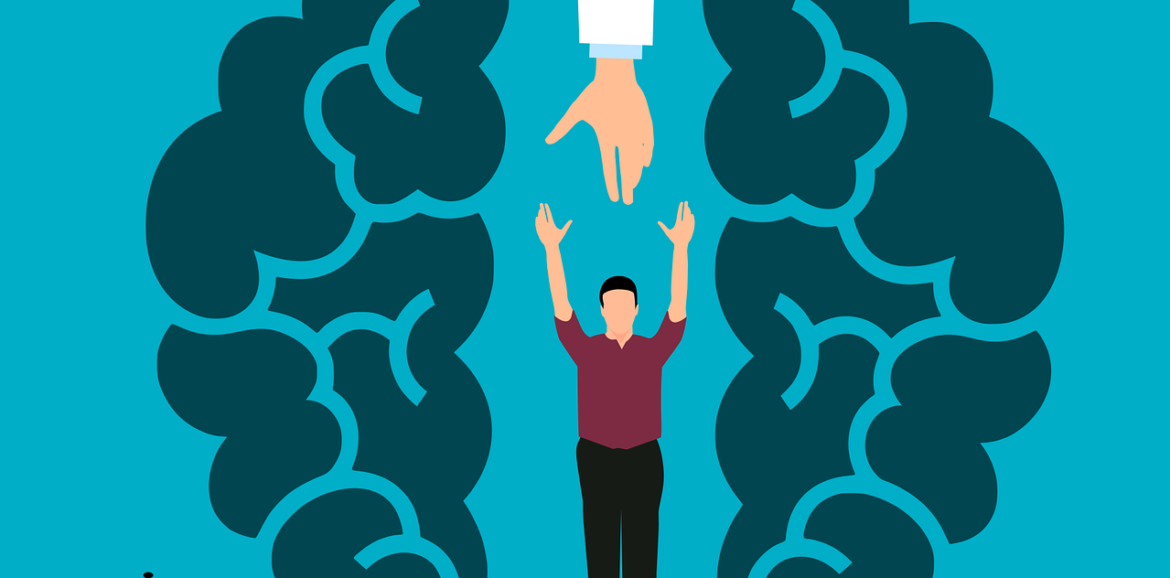
FAQs about Mental Health ;-
How to improve mental health ?
What is mental health ?
How to better your mental health ?
How to take care of your mental health ?
In a world that’s busier and more demanding than ever, taking care of our mental health has never been more important. Stress, anxiety, and burnout can affect anyone, and it’s easy to get caught up in the daily grind, leaving little room for self-care. Just as we prioritize our physical health, our mental health requires ongoing attention and nurturing.
Let’s delve into 10 impactful tips that can help you maintain and improve your mental well-being for a happier, healthier life.
1. Prioritize Self-Care
Self-care is about setting aside time for yourself to recharge and reconnect. Self-care is often seen as a luxury, but it’s a necessity, crucial for maintaining balance. It could mean different things to different people: reading a good book, soaking in a warm bath, or going for a walk in nature. Scheduling self-care time every day, even if it’s just for 15 minutes, can help break the cycle of stress and provide you with a much-needed mental reset. Start with small, achievable goals to ensure you’re consistently prioritizing yourself.
- Tip: Begin by setting aside a few minutes each day just for you. Choose activities that bring joy, relaxation, or creativity.
2. Stay Active
Exercise isn’t only for keeping your body fit; it has significant benefits for your mental health too. Physical activity releases endorphins, natural mood lifters that help reduce feelings of stress and anxiety. Studies have shown that regular exercise can reduce symptoms of depression, enhance cognitive function, and increase self-esteem. Aim for at least 30 minutes of moderate activity most days, but remember, even a brisk walk or stretching session can make a difference.
- Tip: Try to find an activity that you enjoy, whether it’s dancing, cycling, yoga, or a sport. This increases the likelihood of making it a regular part of your routine.
3. Connect with Others
We’re social beings, and having a strong support system is key to mental wellness. Social connections can provide a sense of belonging and prevent loneliness, which can affect mental health negatively. Quality time with friends and family, sharing laughter, or simply chatting can act as a great stress reliever. It’s not about quantity but quality; having meaningful conversations, confiding in trusted friends, or even participating in community events can make a big difference.
- Tip: Make it a goal to reconnect with friends or family members weekly, even if it’s just a quick call or text.
4. Practice Mindfulness and Meditation
Mindfulness is the practice of focusing on the present moment without judgment, while meditation is a tool to cultivate mental clarity and calm. These practices can help you stay grounded, allowing you to manage stress and regulate emotions more effectively. Studies indicate that mindfulness can improve focus, reduce anxiety, and promote a sense of well-being. A quick daily meditation session or simply practicing mindfulness throughout the day can help keep your mind relaxed and resilient.
- Tip: Start with just a few minutes each day. Apps like Headspace or Insight Timer offer guided meditations that make it easy for beginners.
5. Get Adequate Sleep
Sleep is a foundational aspect of good mental health. Poor sleep patterns can contribute to irritability, difficulty concentrating, and even lead to anxiety or depression. The brain uses sleep to repair itself, process emotions, and consolidate memories, which is why getting 7-8 hours of sleep is crucial. Practicing good “sleep hygiene” – avoiding screens before bed, setting a consistent bedtime, and creating a comfortable sleep environment – can improve sleep quality and, in turn, support mental clarity and emotional stability.
- Tip: If you have trouble sleeping, consider a calming routine before bed, such as reading, meditating, or drinking herbal tea.
6. Set Boundaries
Healthy boundaries are essential for mental wellness. Without boundaries, it’s easy to become overwhelmed, drained, or resentful. This includes both personal and professional boundaries – learning when to say “no” is crucial to avoid overcommitment. Setting limits allows you to focus on what truly matters and prevents burnout. Practice being assertive and clearly communicating your needs, whether it’s with friends, family, or colleagues.
- Tip: Start by identifying areas in your life where you feel stretched too thin. Practice politely declining or delegating tasks to reduce stress.
7. Focus on Positive Thinking
Positive thinking is a powerful tool for mental health. Our thoughts greatly influence our emotions, behavior, and outlook. Practicing positive self-talk and reframing negative thoughts can improve self-esteem and reduce feelings of hopelessness or anxiety. Instead of dwelling on mistakes or setbacks, focus on what you can learn from them. Over time, these positive thought patterns become habits, creating a more optimistic and resilient mindset.
- Tip: Try keeping a gratitude journal. Each day, jot down three things you’re thankful for to shift focus from worries to positives.
8. Nourish Your Body
The brain needs a variety of nutrients to function at its best, and a balanced diet can significantly impact your mood and mental clarity. Studies link nutrient-rich foods, such as leafy greens, fruits, whole grains, and lean proteins, to better mental health outcomes. Omega-3 fatty acids, found in foods like salmon and chia seeds, are particularly beneficial for brain health. Avoid excessive caffeine, sugar, and processed foods as they can lead to energy crashes, mood swings, and anxiety.
- Tip: Plan your meals to include plenty of fruits, vegetables, and healthy fats. Make small changes over time if a complete diet overhaul feels overwhelming.
9. Learn to Manage Stress
Managing stress is crucial for protecting mental health. While you can’t eliminate all stress, you can control how you respond to it. Strategies like deep breathing, time management, and breaking tasks into manageable steps can help. Engaging in relaxation techniques, such as listening to music, journaling, or spending time in nature, can also reduce stress levels. By proactively managing stress, you create a buffer that allows you to stay calm and focused, even during challenging times.
- Tip: Create a “stress relief toolkit” of activities or techniques that work for you. This could include a favorite playlist, a calming tea, or a breathing exercise.
10. Seek Help When Needed
Taking charge of your mental health doesn’t mean you have to do it alone. If you’re feeling overwhelmed, anxious, or depressed, consider reaching out for professional help. Therapy or counseling offers a safe space to explore your thoughts and emotions, and it provides tools to cope with difficult situations. Remember, seeking help is a sign of strength, not weakness. There are also support groups, hotlines, and online communities that offer guidance and support for various mental health concerns.
- Tip: Look into local mental health resources, such as community centers or mental health hotlines, which may provide free or low-cost options.
Conclusion
Maintaining mental health is an ongoing journey that requires intentional effort and self-awareness. By incorporating these tips into your daily life, you can build a resilient mind that’s well-equipped to handle life’s ups and downs. Remember, small steps can lead to big changes, so be kind to yourself as you work towards better mental health.
Whether it’s prioritizing self-care, staying active, connecting with others, or seeking help, each of these tips has the potential to make a positive impact on your mental well-being. Start by choosing a few of these practices and gradually building them into your routine. With consistency and commitment, you’ll be on the path to a happier, healthier mind.







